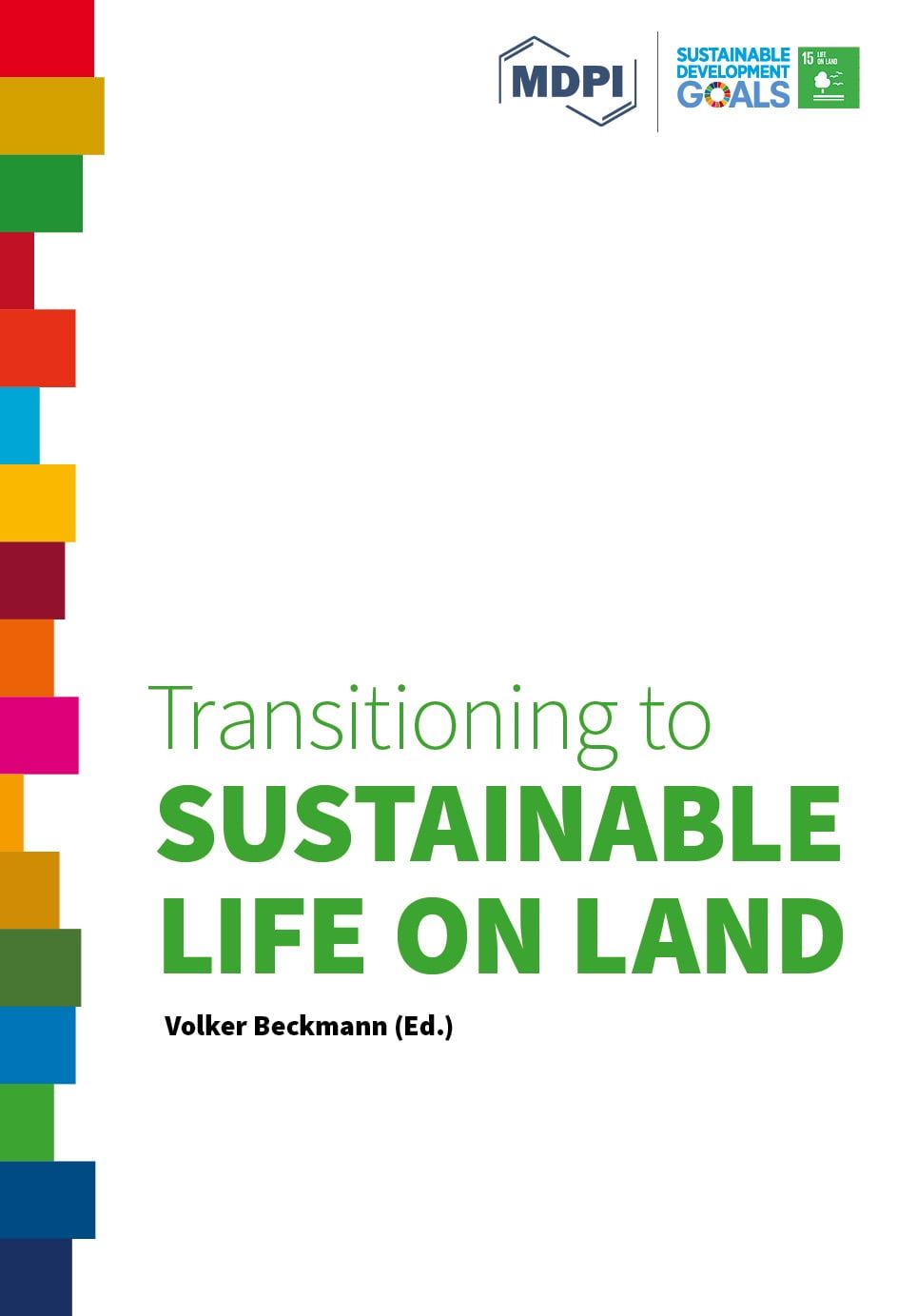Strategic Engagement in Institutions of Organic Farming in Indonesia
Indonesia was one of the then authoritarian states that spearheaded and thoroughly institutionalized the green revolution. The emergence of organic farming (OF), proposed as a strategy for environmental conservation in Indonesia, is embedded in this history. This article uses social network analysis (SNA) to investigate institutional aspects of OF in Indonesia, focusing on the dynamic interactions amongst the actors that drive its development. The Net-Map method was applied as a tool to explore the tensions, areas of cooperation, and potential spaces for resolution that are constructed by OF actors, with the active engagement of the actors themselves. Based on two indices of network centrality—betweenness centrality and degree of centrality—three distinct groups of actors emerged, characterized by different modes of interaction with government actors. Disengaged actors are not linked to any government actors in sustaining their movement; partially engaged actors strategically adapt to government OF regulations while maintaining their commitment to the foundational principles of the OF movement; fully engaged actors pursue OF wholly within the framework of government regulations. Our analysis suggests different notions of sustainability are enacted by these actors. In addition, the current OF institutions highlight the contradiction between centralized governance structures in the agricultural sector and the government’s stance that OF should prioritize the use of local resources and knowledge. However, spaces exist for negotiation between the civil society and government, which could lead to the formulation of more coherent OF policies that can accommodate a diversity of goals, strategies, and views on the sustainability of OF.
